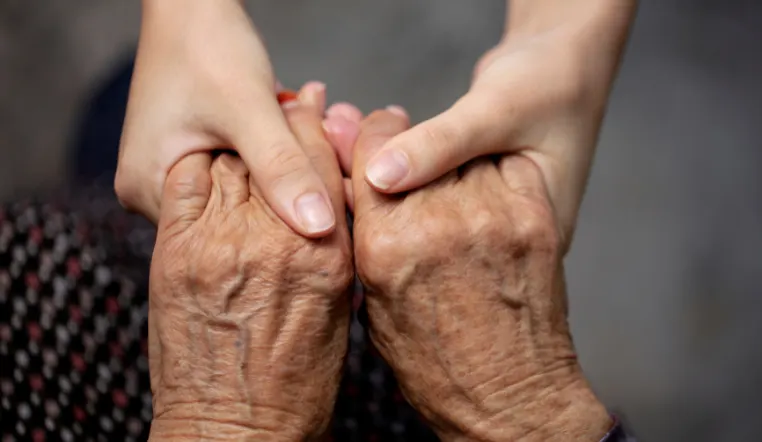Dear John:
My parents have both had fairly serious health problems the last few months. Until then both of them were active and independent. To be honest, we never really discussed how we would handle healthcare decisions and what their wishes for the future might be.
My brother and I thought, since our parents were in such good health, there wasn’t really a need to worry about having these tough discussions with them. It is quickly becoming apparent, however, that the two of us need to learn more about what we can legally do to help our parents.
Can you explain to us what a Power of Attorney is? How is it different from a durable Power of Attorney? And what are the decisions we can and can’t make with either?
Sincerely,
Vickie
Decision-Making for an Older Family Member
Dear Vickie:
You aren’t alone in thinking you didn’t need to have a conversation like this until a parent’s health was worse. Families often delay these discussions because they feel uncomfortable with the topic. Unfortunately, it often means families are faced to make tough healthcare decisions during already difficult days.
Our best advice is to sit down together and have an open and honest talk with your parents. Explain that you want to make sure you know what their wishes are for the future are and to take the necessary legal steps to make sure their wishes are always honored.
Most people don’t understand what these legal documents like a POA and durable POA are, and what they can and can’t do with one. So let’s try to clear up some of the misconceptions.
First, a Power of Attorney is a legal document that grants someone authority to act on your behalf. The document is usually limited to a specific matter. For example, if you and your spouse are selling a home in a different state and can’t be present for the closing, you can give a trusted family member or legal advisor a Power of Attorney to sign the paperwork on your behalf. The POA ends when the purpose is fulfilled.
A durable Power of Attorney is a legal document that gives someone you designate the right to act on your behalf for specific purposes if you become incapacitated and unable to make decisions for yourself. It must be created before you need it. Once you regain your health, the durable POA would end.
What has led to much of the confusion is that people often use “POA” when they actually mean “durable POA.” And it might also help to know that your parents can grant one family member a POA for their healthcare and another one a POA for their finances.
Because of how complicated these legal issues can be, it is usually best to speak to an attorney for advice. There are many good elder law attorneys in and around Columbus who have experience helping seniors and their families navigate these decisions.
Kind Regards,
John


